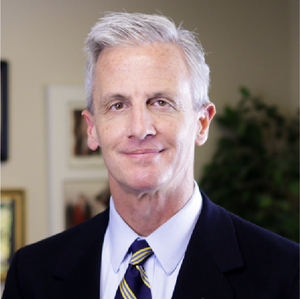Education
Brandon Dutcher | May 12, 2014
On fixed costs, school administrators can’t have it both ways
Brandon Dutcher
“If you have more students, you need more teachers,” Duncan superintendent Sherry Labyer sensibly told the Duncan Banner in February. If, for example, 250 new students show up to enroll in Duncan’s public schools, then obviously administrators will need to hire more teachers.
Of course, the corollary is obvious. Simply take Mrs. Labyer’s statement and substitute the word “fewer” for the word “more.” If, for example, 250 fewer students show up to enroll in Duncan’s public schools, then administrators would not need to hire as many teachers. In other words, those instructional costs aren’t fixed. They’re variable. Indeed, economist Benjamin Scafidi estimated in 2012 that only one-third of Oklahoma’s education costs are fixed costs, whereas two-thirds are variable costs (costs that change with student enrollment).
In a recent argument against parental-choice legislation, Steven Crawford, executive director of Cooperative Council for Oklahoma School Administration, told the Tulsa World that “costs don't go down just because a kid leaves. You don’t get rid of a teacher every time a kid leaves, or you don’t close a building.”
True enough, certain costs are fixed. No reasonable person would claim that a school administrator should “get rid of a teacher every time a kid leaves.” But if 25 kids leave, or 250 kids leave, that’s a different story. Some costs are variable. Unless, of course, Mr. Crawford is prepared to say that he doesn’t want increased funding if 250 new students show up.
For some additional clear thinking on fixed costs, and to see why school choice is good news for Oklahoma’s state budget and for local school district budgets, I urge you to read Dr. Scafidi’s latest article here.

Brandon Dutcher
Senior Vice President
Brandon Dutcher is OCPA’s senior vice president. Originally an OCPA board member, he joined the staff in 1995. Dutcher received his bachelor’s degree in political science from the University of Oklahoma. He received a master’s degree in journalism and a master’s degree in public policy from Regent University. Dutcher is listed in the Heritage Foundation Guide to Public Policy Experts, and is editor of the book Oklahoma Policy Blueprint, which was praised by Nobel Prize-winning economist Milton Friedman as “thorough, well-informed, and highly sophisticated.” His award-winning articles have appeared in Investor’s Business Daily, WORLD magazine, Forbes.com, Mises.org, The Oklahoman, the Tulsa World, and 200 newspapers throughout Oklahoma and the U.S. He and his wife, Susie, have six children and live in Edmond.